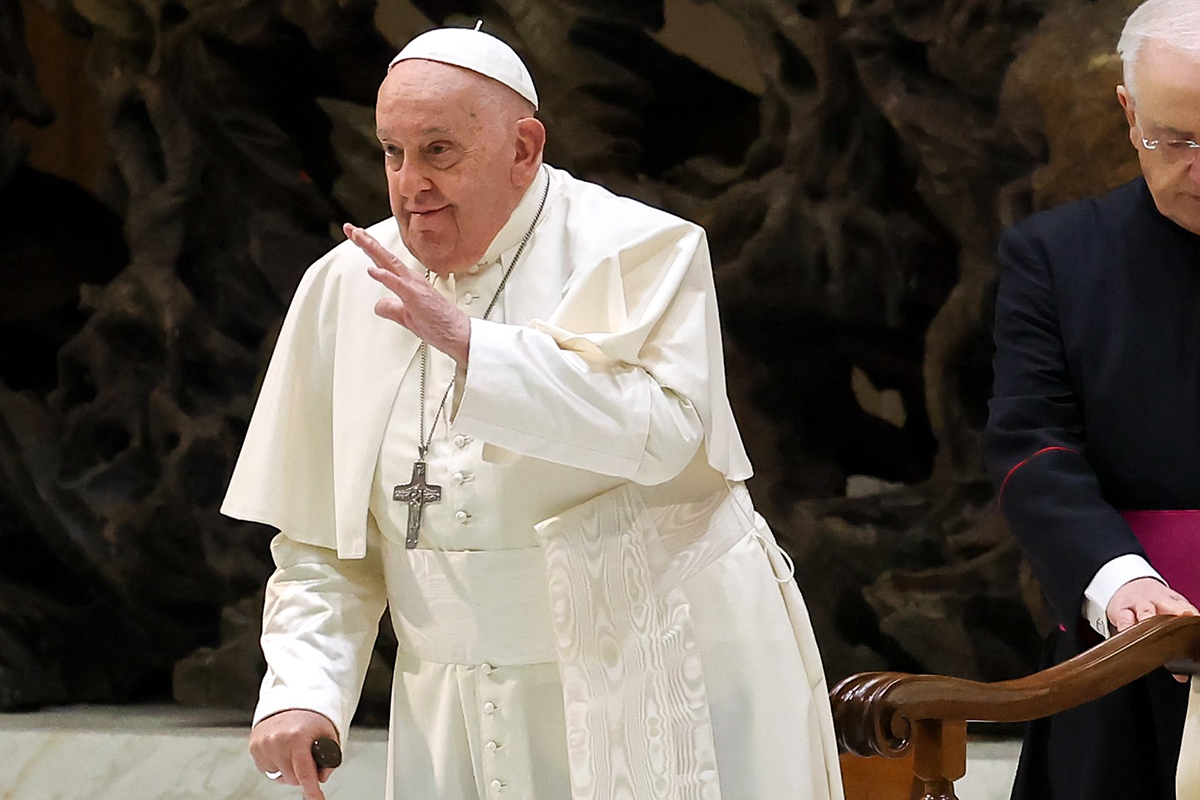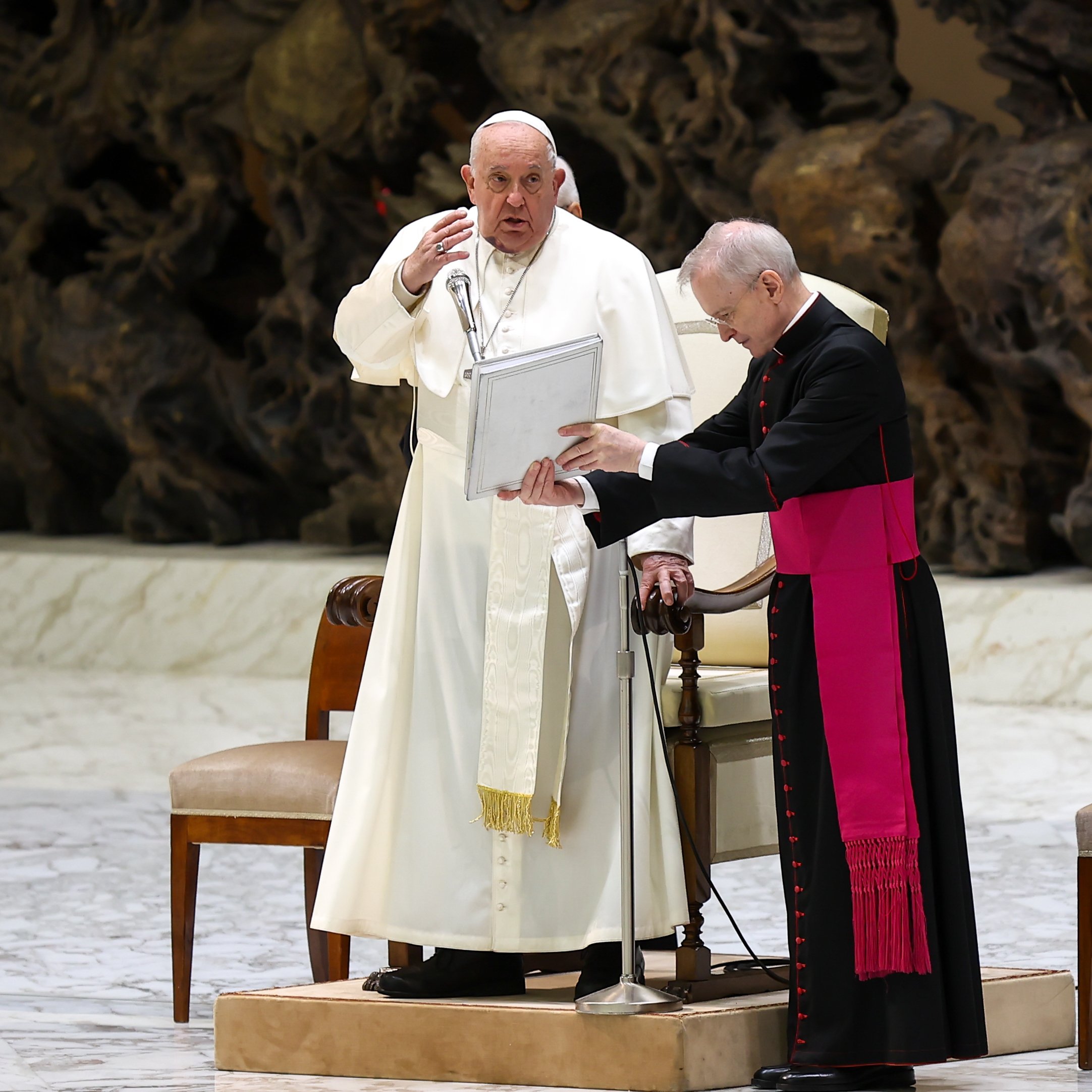SERVE THE LORD WITH GLADNESS | Jesus is the key to reconciling apparent opposites
Jesus helps us determine which opposites are only apparent, like suffering and glory; or are genuine, like sin and virtue
Dear brothers and sisters in Christ,
Over and over this week, the Scriptures show us the reconciliation of apparent opposites.
Death and life: “For if you live according to the flesh you will die, but if … you put to death the deeds of the body you will live” (Romans 8:13).
Suffering and glory: “if only we suffer with Him so that we may also be glorified with Him” (Romans 8:17).
Humility and exaltation: “For everyone who exalts himself will be humbled, but the one who humbles himself will be exalted” (Luke 14:11).
Many of the beatitudes — which we hear on the Feast of All Saints (Nov. 1) — also follow this structure: “Blessed are the poor in spirit, for theirs is the kingdom of heaven…Blessed are the meek, for they will inherit the land…Blessed are you when they insult you and persecute you…Rejoice and be glad for your reward will be great in heaven” (Matthew 5:1-12).
There are, of course, some opposites which are not reconciled: sin and virtue, for example, or heaven and hell. How can we tell which apparent opposites can be reconciled and which can’t? Jesus Himself is the key to that, and He busied Himself, all through the Gospels, instructing us in this very question. So, for example, the cross is actually the path to glory, but the difference between heaven and hell is real and permanent.
Why should it matter that we know which opposites are permanent and which are only apparent?
First, because things which seem small by worldly estimation can actually be great in the kingdom of God. That’s what Jesus tells us in the parable of the mustard seed and the yeast: Don’t be afraid if something seems small; the world will tell you: “That’s insignificant, don’t bother with it.” But the power of the kingdom, like the mustard seed and the yeast, contains a strength disproportionate to its size.
Deeds and prayers and attitudes and people which seem unimportant to the world can be enormously important for the growth of the kingdom.
Second, because Jesus shows us the relationship between the purity of the Gospel and the messiness of the world. We can be tempted, for the sake of the purity of the Gospel, to keep the messiness of the world at arm’s length. But Jesus — who was the purity of the Gospel in the flesh — didn’t. Meeting sinners where they were never meant, for Him, compromising the truth, and upholding the truth never meant keeping distant from sinners. It’s not easy to follow His example, but we’re called to do so.
Third and last, because the world tells us that listening to people and proclaiming the truth are opposites: If you listen to people, you’re not proclaiming the truth; if you proclaim the truth, you’re not listening to people. The current synod is trying to get us to reflect on how this is only an apparent opposition. The Church, at her best, has always deliberately done both. It’s important for us to figure out, with greater precision, how listening and proclaiming go together.
The world says that some things like suffering and glory and listening and proclaiming are genuine opposites, while other things like sin and virtue are only apparent opposites. Let’s bring those worldly categories to deeper conversion in Christ.






